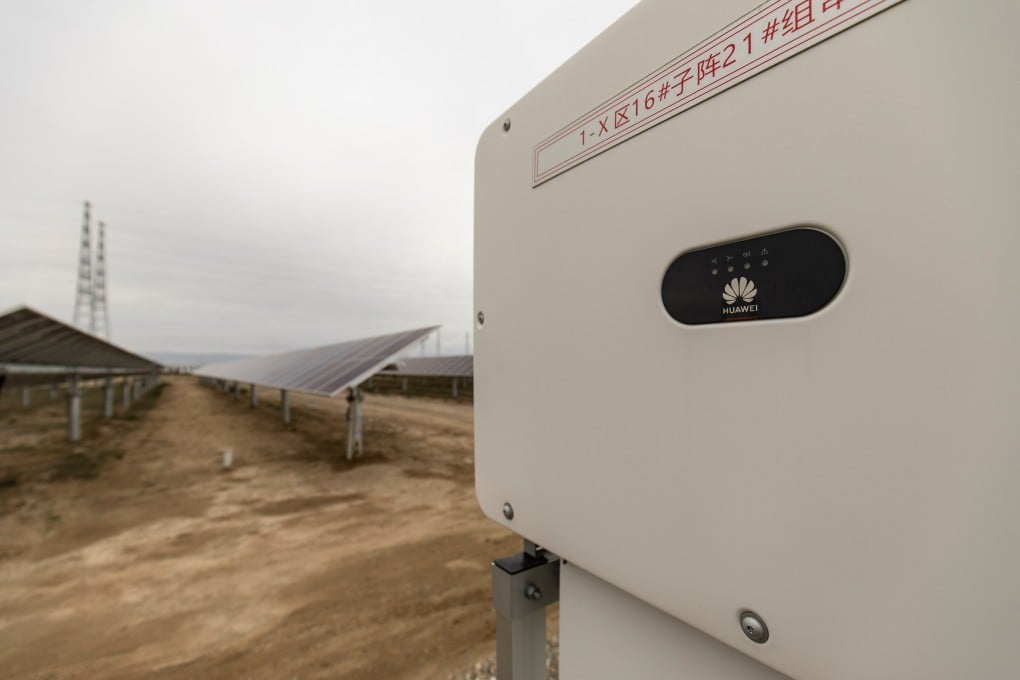Huawei sees 29 per cent drop in 2021 sales after two years of US trade sanctions, as it moves deeper into digital services
- Rotating chairman says ‘politicisation of technology’ and a ‘deglobalisation trend’ pose major challenges for Huawei in future
- The telecoms giant will step up investment in HarmonyOS and EulerOS, another ecosystem for digital infrastructures, in 2022

Huawei’s rotating chairman Guo Ping said in a new year’s message to employees on Friday that uncertainties in the business environment, the politicisation of technology and a deglobalisation trend pose major challenges for Huawei, but the company nevertheless needs to stick with its current strategy.
“2022 will come with its fair share of challenges, but we will keep working closely with our global partners to overcome the difficulties we face, improve business performance, and strengthen our foundations … In the end we will not only survive, but do so sustainably,” said Guo.
While the Chinese telecoms giant saw solid growth in its enterprise business and stability at the carrier business in 2021, its device segment – which includes smartphones – “expanded swiftly into new business domains”, said Guo, without elaborating or breaking down the performance of individual business groups.